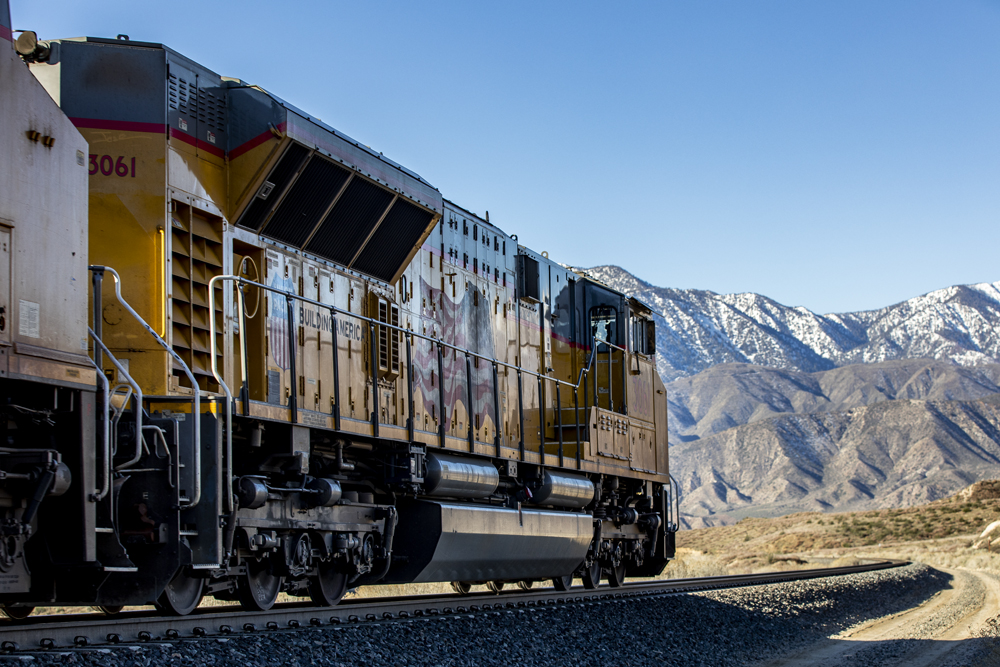
WASHINGTON — Union Pacific has soaked up all the complaints leveled at its soaring use of embargoes and will evaluate customer suggestions before coming back to the Surface Transportation Board with steps it may take to ease the burden on shippers.
“First and foremost, I do want to assure the board that we have listened. We’re heard feedback. We’ve heard concerns. And we are going to work through that feedback diligently,” Bradley Moore, UP’s vice president of customer care and support, told the STB on Wednesday, the second day of hearings on why the railroad has increasingly relied on embargoes to limit congestion in its serving yards.
Regulators last month ordered UP to explain why it has issued more than 1,000 embargoes so far this year in response to congestion, compared with just 27 in 2017 — the year before it adopted a lean Precision Scheduled Railroading operating model.
UP has experienced congestion across its system this year amid an ongoing shortage of train crews. The other three big U.S. Class I railroads have faced crew shortages, too, but UP has imposed the vast majority of congestion-related embargoes this year.
Shippers told regulators that they have been forced to bear the costs related to the limits UP has placed on their shipping volume, from higher truck transportation costs and railcar storage fees to curtailed production and lost sales.
“Businesses cannot operate successfully under threat of embargo every few weeks,” Rob Benedict, vice president of petrochemicals and midstream at the American Fuel & Petrochemical Manufacturers trade group, told the board. “UP’s embargoes have become far too frequent and are often open-ended.”
UP executives have said that the embargoes are necessary to keep its yards fluid as customers use more freight cars as the railroad slows down, which only further contributes to congestion that affects all customers.
But Michael Seyfert, president of the National Feed and Grain Association, says that if UP were providing reliable service there would be no need for shippers to use additional freight cars.
Gregory Twist, senior vice president of transportation at Ag Processing Inc., which ships grain and soybean oil, noted that UP says embargoes are a last resort and shippers were responsible for problems with excess car inventory.
Shippers with more than three days of inventory in a UP serving yard face embargo, he says. “There seems to be a double standard between our performance and theirs,” Twist says. “We’re allowed three days’ allowance in the yard. Meanwhile, UP cars that we count on to run our plants are three weeks behind.”
UP reduced the number of railroad-owned cars available to AGP by 45% compared to a year ago, Twist says, leaving the company with two options: Use more privately owned freight cars or shut down facilities, like it has been forced to do at a plant in Iowa due to a UP embargo.
Board Member Patrick Fuchs said the cost of poor service is disproportionately borne by shippers and that railroads lack the incentives necessary to ensure they have adequate resources available to serve customers and grow the business. “This isn’t working,” he says.
Moore said growth is UP’s priority and its primary incentive. The railroad wants customers to ship more so that it can haul more, he says.
“UP is reducing normal levels of business through embargoes,” says Jeffrey Sloan, who leads the American Chemistry Council, the trade group representing chemical manufacturers.
One ACC member company reduced its car volume as UP requested, Sloan says. That, however, lowered the shipper’s 14-day average car volume, so UP further limited the number of cars the company could ship per day.
The chemistry council asked the STB to find that embargoes are unreasonable if they are a result of railroad decisions to boost profitability. The group, which often has sparred with railroads and sought regulatory reforms, also asked the board to permanently require detailed railroad performance metric reporting, adopt minimum rail service standards, and expand reciprocal switching so sole-served facilities can access a second railroad.
The board is currently considering whether to expand reciprocal switching as a way to boost railroad competition.
STB Chairman Martin J. Oberman wondered aloud if UP would boost train and engine crew staffing levels if the board expanded reciprocal switching — or if it would simply let the traffic flow to rival BNSF Railway.






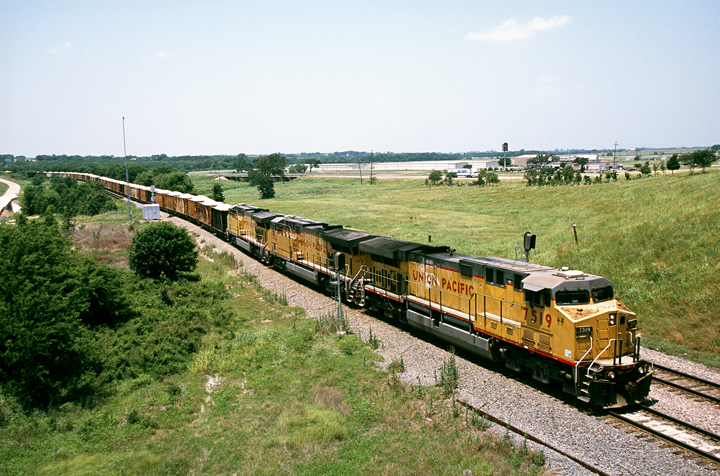
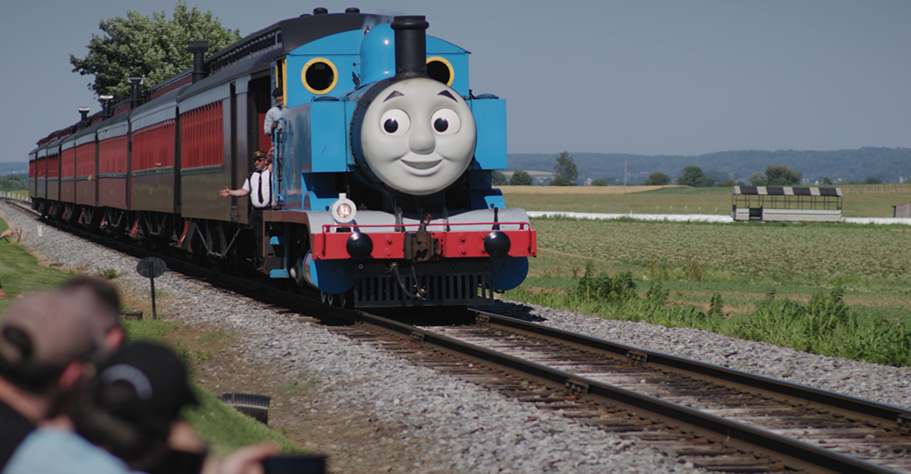
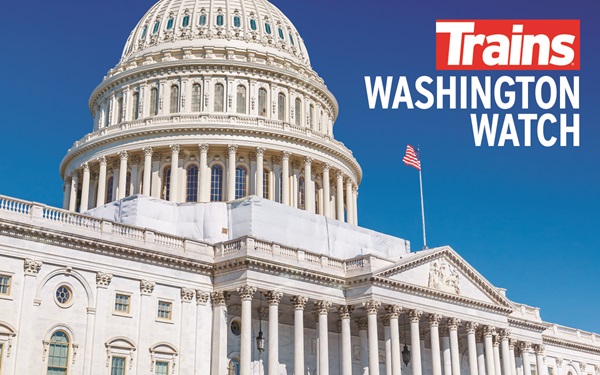
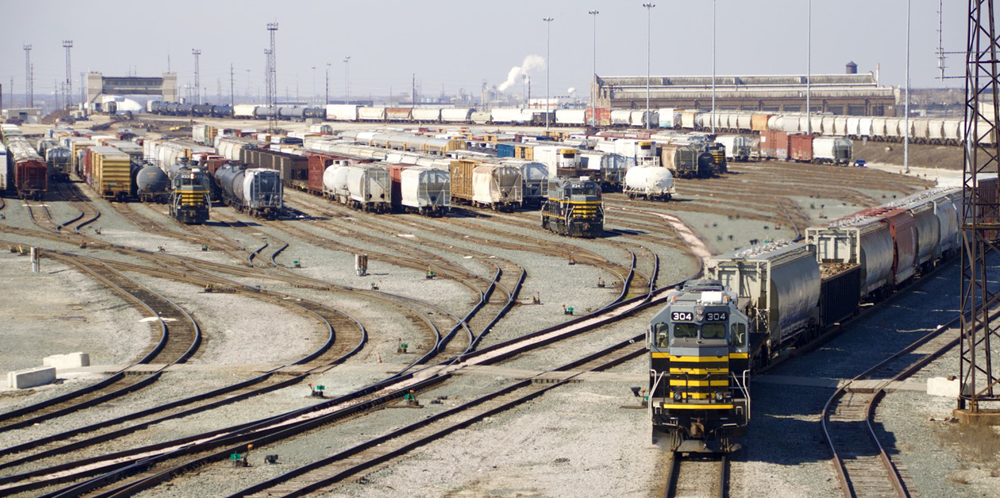




Maybe a group of shippers should go buy the railroad stock and each large shipper should buy 2 or 3 percent of the stock to have seats on the board of directors.
@Tom Stamey – what is wrong with a RR defining a profit contribution hurdle for traffic? Why should it carry unprofitable traffic?
If you would like to see a case where that occurred, just see “Southern Pacific” – which built its fortunes on low-profit forest products traffic.
“STB Chairman Martin J. Oberman wondered aloud if UP would boost train and engine crew staffing levels if the board expanded reciprocal switching — or if it would simply let the traffic flow to rival BNSF Railway.”
Does Chairman Oberman understand that Reciprocal Switching (RS) is Commercial access, not Physical access?
If a UP-served industry is open to RS, UP will still be switching the cars. BNSF may now be able to quote a single-line rate to that industry, but it will be a yellow-and-grey engine doing the work.
UP will no longer get a line-haul division on traffic from that customer routed UP-BNSF, but BNSF will still have to pay a switch charge to UP.
Agreed. When the “inmates start running the prison” then some sort of re-regulation should be required including standardized service metrics for all railroads reportable to the STB and US-DOT, Standardized service standards, arbitration between railroads and customers on what service should mean and penalties for not meeting a 90% standard of service. immediate notification to shippers when an incident will result in delays or legitimate embargoes, solutions to incidents that keep rail freight rolling even if only between non-delayed territory, etc;
I have always been a fan of “Uncle Pete” and railroads in general. However it seems senior management is more interested in share holders and their own bonuses than the customer, the VERY REASON THEIR CORPORATIONS EXIST in the first place.
Here is the warning to all Railroads: Take care of customers or the result will be on your heads and no amount of crying to Congress should change that self inflicted outcome!!! 🙁
And by the way, legitimate embargoes should have to be blessed by the STB through a rapid means in emergencies and as long as it takes otherwise. Otherwise the railroads are fined a meaningful, non-appealable amount which I am sure will have an effect on their precious operating ratio.
Anybody ever wonder why Warren Buffett took BNSF private?
This is what happens with the operating ratio is the all important figure. The low OR requires railroads to handle only the high profit business. That was made clear when Fritz says they want the OR to get to 55%. Gone are they days when if there was any profit in some service they would handle it.
UP has been increasing the length of passing sidings to 15,000 feet as pretty much the standard and that tells you how long they want their trains to be. The effect is to eliminate as much human labor as possible regardless of the affect to small shippers and the fluidity of their tracks. And most importantly, they want to get rid of as much switching as possible. In past years they have ripped out most all “team tracks” , especially in small towns, to get rid of “local trains”.
It is time the STB takes some drastic action on PSR and local service.